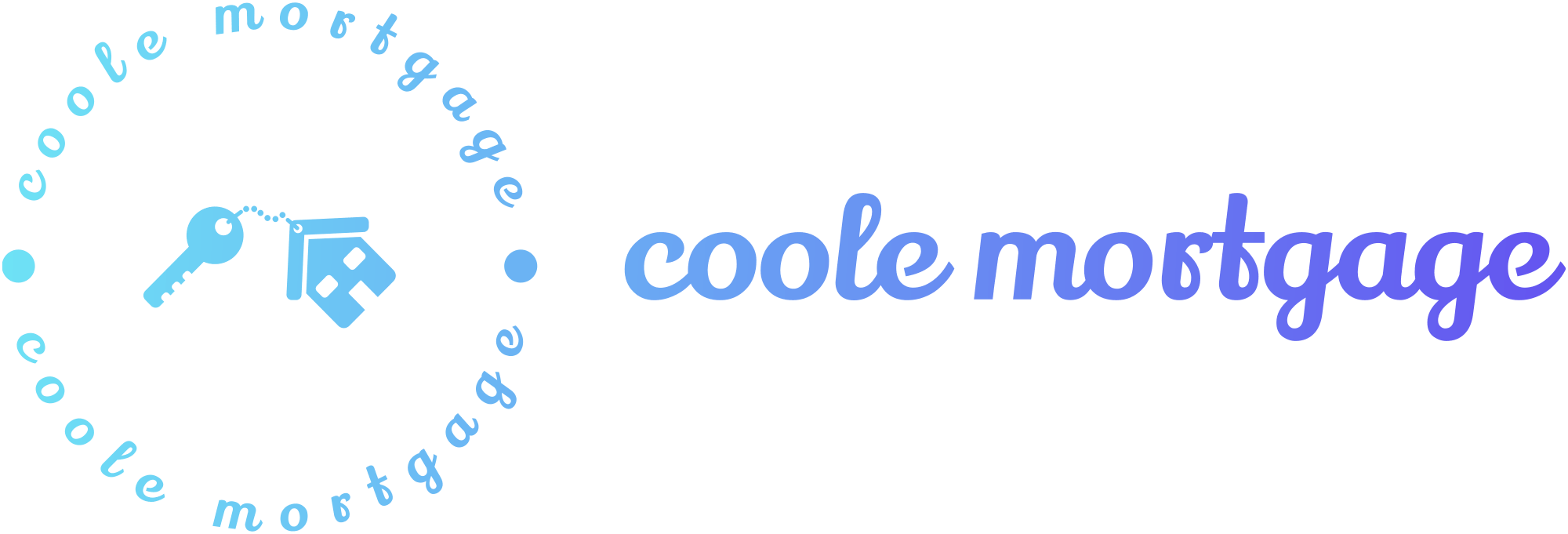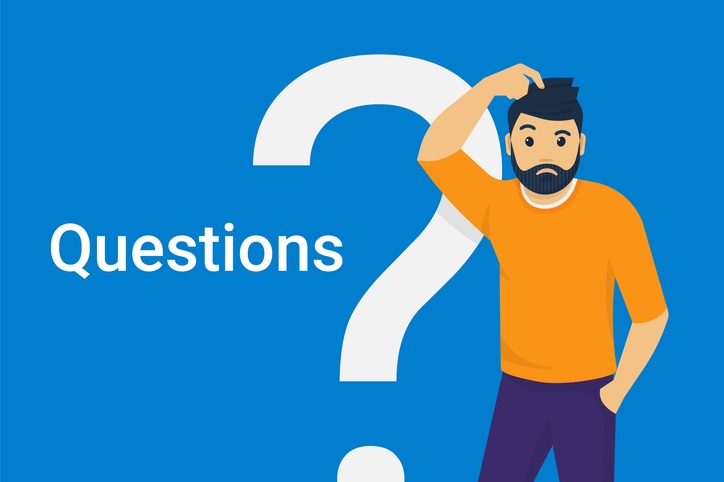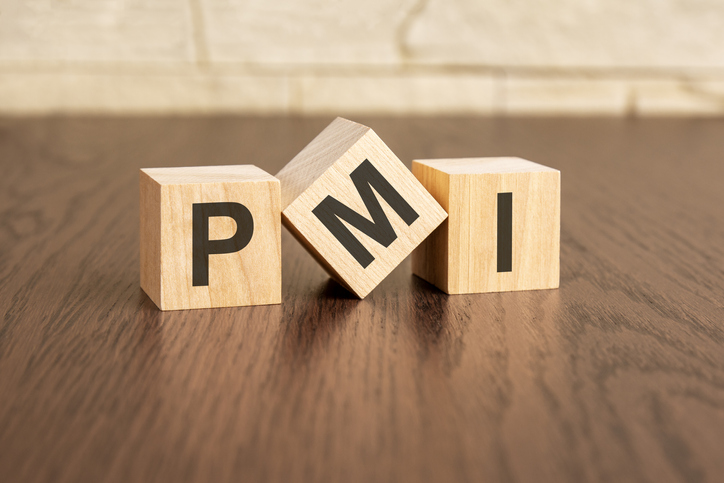A Guide to Government-Backed Home Loans
In the vast landscape of home financing options, government-backed home loans emerge as a vital resource for numerous potential homeowners, presenting accessible routes to owning a home that may not be available through conventional means.
These loans, backed by different branches of the federal government, are tailored to support specific groups of borrowers, each with their unique advantages and requirements.
In this comprehensive guide, we delve into the three primary types of government-backed home loans: Federal Housing Administration (FHA) loans, Department of Veterans Affairs (VA) loans, and United States Department of Agriculture (USDA) loans.
Each of these loan types is designed with a distinct purpose and target audience in mind, from first-time homebuyers and military veterans to those looking to settle in rural areas.
Whether you’re a veteran seeking to leverage your service benefits, a first-time buyer exploring affordable options, or someone considering a home in a rural community, understanding these government-backed loans is a crucial step towards making informed and confident decisions in your home-buying journey.
In the following sections, we’ll explore the specifics of FHA, VA, and USDA loans, shedding light on their eligibility criteria, benefits, and limitations, and guiding you towards choosing the option that best aligns with your homeownership dreams and financial circumstances.
FHA LOANS
What Are FHA Loans?
FHA loans are mortgages insured by the Federal Housing Administration, an agency within the U.S. Department of Housing and Urban Development (HUD). These loans are especially popular among first-time homebuyers, but they are not exclusive to them. The primary appeal of FHA loans lies in their lower entry barriers compared to conventional mortgages, making homeownership more attainable for a broader range of people.
Eligibility Criteria
To qualify for an FHA loan, applicants must meet certain criteria:
- Minimum Credit Score: The required credit score can be as low as 580 to qualify for the maximum financing (which typically means a 3.5% down payment). Applicants with a credit score between 500 and 579 may still qualify, but they need to make a larger down payment of 10%.
- Down Payment: As mentioned, the down payment requirement is 3.5% if your credit score is 580 or higher. This is significantly lower than many conventional loan programs, which often require higher down payments.
- Mortgage Insurance: Borrowers must pay mortgage insurance premiums (MIP), which includes an upfront premium at closing and an annual premium that’s typically added to the monthly mortgage payment. This insurance protects the lender in case of borrower default.
- Debt-to-Income Ratio (DTI): The DTI ratio, which compares your gross monthly income to your monthly debt payments, is another important factor. FHA loans allows for a higher DTI ratio compared to conventional loans.
- Property Requirements: The home must meet certain safety, security, and soundness (structural integrity) standards and must be appraised by an FHA-approved appraiser.
Benefits and Limitations
Benefits:
- Lower Down Payments: The low down payment requirement makes FHA loans an attractive option for individuals who have not accumulated significant savings.
- Flexible Credit Requirements: FHA loans are more accessible to individuals with lower credit scores or those rebuilding their credit.
- Higher DTI Ratios Allowed: This flexibility can make it easier for individuals with higher debt levels to qualify for a home loan.
Limitations:
- Mortgage Insurance: The requirement for mortgage insurance, regardless of the down payment amount, adds to the overall cost of the loan.
- Loan Limits: FHA loans have maximum borrowing limits, which vary depending on the county and the cost of living in that area.
- Property Standards: The property must meet specific health and safety standards, which can limit the types of properties eligible for an FHA loan.
- FHA Flipping Rule: FHA flipping rule restricts FHA loan use for homes resold within 90 days to prevent inflated pricing and ensure property quality.
VA Loans
What Are VA Loans?
VA loans are a powerful benefit for U.S. military service members, veterans, and their surviving spouses. These loans are guaranteed by the Department of Veterans Affairs and are designed to provide long-term financing to eligible American veterans or their surviving spouses (provided they do not remarry). A hallmark of the VA loan program is its aim to offer financial assistance to those who have served the country, allowing them to purchase homes without some of the typical constraints of traditional loans.
Eligibility Criteria
The eligibility for a VA loan is based on specific service conditions:
- Service Duration: Eligibility depends on the length and period of service. Veterans, active duty service members, National Guard members, and reservists are typically eligible.
- Certificate of Eligibility (COE): Applicants must obtain a COE to prove to the lender that they meet the eligibility requirements.
- Primary Residence Requirement: VA loans are intended for primary residences. Borrowers are expected to occupy the home within a reasonable period after closing.
- Credit and Income Requirements: While the VA does not set a minimum credit score, lenders offering VA loans will have their own credit requirements. Lenders typically want to see a 620 credit score for a VA loan. Similarly, borrowers must have stable income and a suitable debt-to-income ratio to ensure repayment capability.
Benefits and Limitations
Benefits:
- No Down Payment Required: One of the most significant advantages of VA loans is that there is no requirement for a down payment, making homeownership immediately accessible.
- No Private Mortgage Insurance (PMI): Unlike many other loan types, VA loans do not require PMI, which can lead to substantial savings over the life of the loan.
- Competitive Interest Rates: VA loans typically have lower interest rates compared to conventional loans, reducing the cost of borrowing.
- Limited Closing Costs: The VA limits the closing costs lenders can charge to VA loan applicants, making the buying process more affordable.
- Use The VA Loan Multiple Times: VA loans can be reused multiple times, as long as eligibility criteria are met each time.
Limitations:
- VA Funding Fee: While there’s no PMI, most borrowers must pay a VA funding fee, which can be rolled into the loan amount. This fee varies based on factors like the type of service and the size of the down payment.
- Property Must Meet Specific Standards: Like FHA loans, the property purchased with a VA loan must meet certain safety and livability standards.
- Not All Properties Qualify: Certain types of properties, like vacation homes and investment properties, do not qualify for VA loans.
USDA LOANS
What Are USDA Loans?
USDA loans are special mortgage programs backed by the United States Department of Agriculture. Designed to encourage homeownership in rural areas, these loans are a great benefit for people looking to buy homes outside urban centers. One of their most notable features is the lack of a down payment requirement, making them particularly advantageous. They are characterized by their lenient eligibility criteria and financial benefits, especially attractive to first-time and low-income homebuyers.
Eligibility Criteria
The criteria for securing a USDA loan include:
- Geographic Location: The property must be located in an area designated as rural by the USDA. Check out USDAs tool to determine if you’re in an eligible area.
- Income Limits: There are income limitations, which are based on the median income of the area and the size of the borrower’s household.
- Primary Residence: The home financed by a USDA loan must be the borrower’s primary residence.
- Citizenship: Borrowers must be U.S. citizens, U.S. non-citizen nationals, or Qualified Aliens.
- Credit History: Applicants should have a reasonable credit history that demonstrates their ability to repay the loan, typically a 620 credit score.
Benefits and Limitations
Benefits:
- No Down Payment Required: One of the most significant benefits of USDA loans is that they do not require a down payment.
- Lower Interest Rates: Typically, USDA loans come with interest rates that are lower than those of conventional loans.
- Flexible Credit Guidelines: Borrowers with less-than-perfect credit may still qualify for a USDA loan.
Limitations:
- Property Location: The biggest constraint of a USDA loan is the requirement that the property be in a rural area as defined by the USDA.
- Income Restrictions: The income limits can exclude potential borrowers who earn above a certain amount.
- Mortgage Insurance: Borrowers must pay an upfront guarantee fee and an annual fee (similar to mortgage insurance).
USDA loans are an excellent option for individuals and families looking to purchase homes in rural areas. With benefits like no down payment and lower interest rates, they make homeownership more accessible for those who meet the specific geographic and income criteria.
How to Choose the Right Government-Backed
Loan
Deciding on the best government-backed loan for buying your home is an essential step that impacts your financial future. Each type of loan – FHA, VA, and USDA – has its unique benefits and limitations, making them suitable for different homebuyer needs.
Here’s how to determine which loan might be the best fit for you:
- Assess Your Eligibility and Needs:
- Service Background: If you are a veteran, active-duty service member, or a surviving spouse, a VA loan could be your best option, offering benefits like no down payment and no PMI.
- Location and Income: If you’re considering a home in a rural or certain suburban areas and meet the income requirements, a USDA loan might be ideal, thanks to its no down payment feature and lower interest rates.
- First-Time or Lower Credit Homebuyers: If you are a first-time homebuyer or have a lower credit score, an FHA loan can be more accommodating with its lower down payment and more lenient credit requirements.
- Consider Your Financial Situation:
- Down Payment: Evaluate how much you can afford for a down payment. If saving for a down payment is a challenge, USDA and VA loans offer no down payment options.
- Credit Score: Check your credit score. A higher score can open up more loan options, but if your score is lower, FHA loans can be more forgiving.
- Think About the Long-Term:
- Consider the total cost of the loan, including interest rates and mortgage insurance. For instance, while FHA loans might be easier to qualify for, they require mortgage insurance for the life of the loan.
- Property Type and Condition:
- Each loan type has specific requirements regarding the property. VA and USDA loans have stricter guidelines on property condition and location, whereas FHA loans are slightly more flexible.
- Seek Professional Advice:
- Consulting with a mortgage advisor or lender who has expertise in government-backed loans can provide personalized insights based on your financial situation and homebuying goals as well as provide a pre-approval letter for your home purchase.
FAQs about Government-Backed Home Loans
What are the main differences between FHA, VA, and USDA loans?
FHA loans are open to everyone but are particularly beneficial for first-time buyers with lower credit scores. VA loans are exclusively for veterans, active-duty service members, and their spouses, offering benefits like no down payment. USDA loans are for rural homebuyers and offer no down payment options.
Can I use a VA loan more than once?
Yes, you can use a VA loan multiple times as long as you meet the eligibility requirements each time, including the restoration of your entitlement.
Do I need a perfect credit score to qualify for these government-backed loans?
No, you don’t need a perfect credit score. FHA loans are known for their lenient credit requirements, and VA and USDA loans also offer flexibility, but specific criteria can vary among lenders.
Are there any property restrictions for these loans?
Yes, each loan type has its property requirements. FHA and VA loans require the property to meet certain safety and livability standards. USDA loans require the property to be located in an eligible rural area.
Is mortgage insurance required for all government-backed loans?
FHA loans require mortgage insurance regardless of the down payment size. VA loans do not require mortgage insurance but have a funding fee. USDA loans require a guarantee fee, similar to mortgage insurance.
Can I buy an investment property with a government-backed loan?
Generally, these loans are intended for primary residences only. FHA, VA, and USDA loans are not typically used for investment properties.
How do income limits affect USDA loan eligibility?
USDA loans are meant for low- to moderate-income homebuyers. The income limits are set relative to the median income of the area and vary based on location and household size.
Can I refinance with a government-backed loan?
Yes, refinancing options are available for FHA, VA, and USDA loans, each with specific requirements and benefits.
How does the FHA 100-mile rule work?
The FHA 100-mile rule applies if you are relocating for a job and want to purchase a second home with an FHA loan. The new home must be at least 100 miles away from your current primary residence.
What down payment is required for an FHA loan?
The minimum down payment for an FHA loan is 3.5% if your credit score is 580 or higher. If your credit score is between 500 and 579, you’ll need a 10% down payment.







